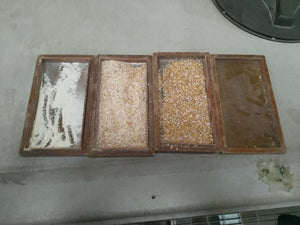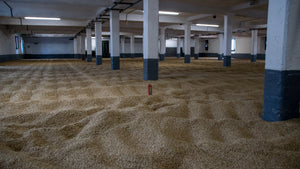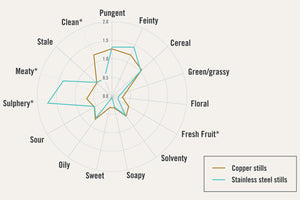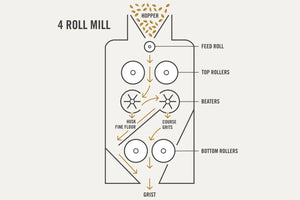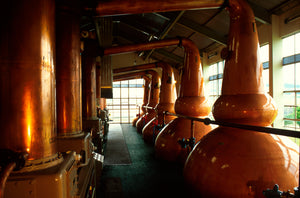Explainer
Jul 2, 2024
How is Scotch whisky made? A Step-by-Step Guide
While each distillery in Scotland will have their own nuances regarding production, malt Scotch whisky is made through a meticulous process that typically involves six key steps.
Read more
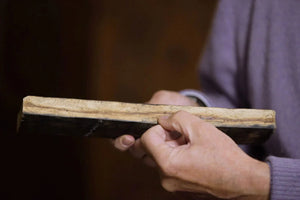
May 21, 2024
Explainer: Toasting
While toasting might conjure up images of raising a glass in celebration, in the Scotch whisky world, it refers to a ...
Read more
Apr 17, 2024
Michael Walsh on Edinburgh Whisky Academy’s Irish Whiskey Flavour Wheel
Our Irish Whiskey Flavour Wheel offers a guided journey through the sensory delights of the category and prompts conversation with either yourself or others as Michael Walsh explains in this video.
Read more
Feb 7, 2024
Esters and the Scotch whisky production process
In the Scotch whisky production process, esters are primarily generated during fermentation when yeast interacts with the sugars present in the malted barley during mashing. Yeast metabolises the sugars, producing alcohol and various flavour compounds, including esters.
Read more
The ideal grist ratio for making Scotch whisky
The grist ratio is a vital parameter for the distiller as it tells them how well the malted barley has been ground in the mill. The grist is made up of three fractions: husk (20%), flour (10%) and grits (70%).
Read more
Kilning & the Scotch Whisky Production Process
Kilning refers to the method of drying germinated barley using hot air. It is the third and final stage of the malting process (steeping, germination, kilning) and is a crucial step in the Scotch whisky production process.
Read more
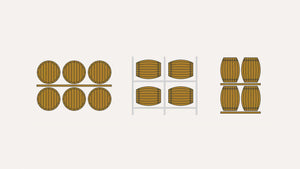
Oct 24, 2023
Different whisky warehousing systems
Once a cask is filled with new make spirit, it must be matured for a minimum of three years before it can be called Scotch whisky. Here are three types of warehousing systems used in Scotland.
Read more
Barley and the Scotch whisky production process
Make sense of how barley – a cereal packed with starch – is used by distillers in the Scotch whisky production process in this barley explainer video from one of our whisky lecturers, Vic Cameron.
Read more
The importance of copper contact in whisky distillation
All pot stills used in the Scotch whisky industry are made from copper. This easy to shape common metal is an effecti...
Read more
Scotch whisky milling equipment: the 4 roll mill
The 4 roll mill is by far the most commonly used mill in the Scotch whisky industry. Named after their creators, the ...
Read more
How the lyne arm on a still can affect Scotch whisky flavour
The lyne arm (or lye pipe) – the part of the still that joins the column and neck to the condenser system – has a big impact on reflux. Specifically, it is the angle at which the lyne arm points towards the condenser that is of particular importance.
Read more
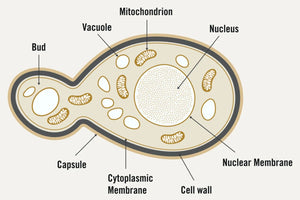
Aug 16, 2023
The Structure of a Yeast Cell
Discover the yeast cell structure, its role in the scotch whisky-making process, and how it shapes the unique flavours and aromas of your favourite whisky.
Read more

